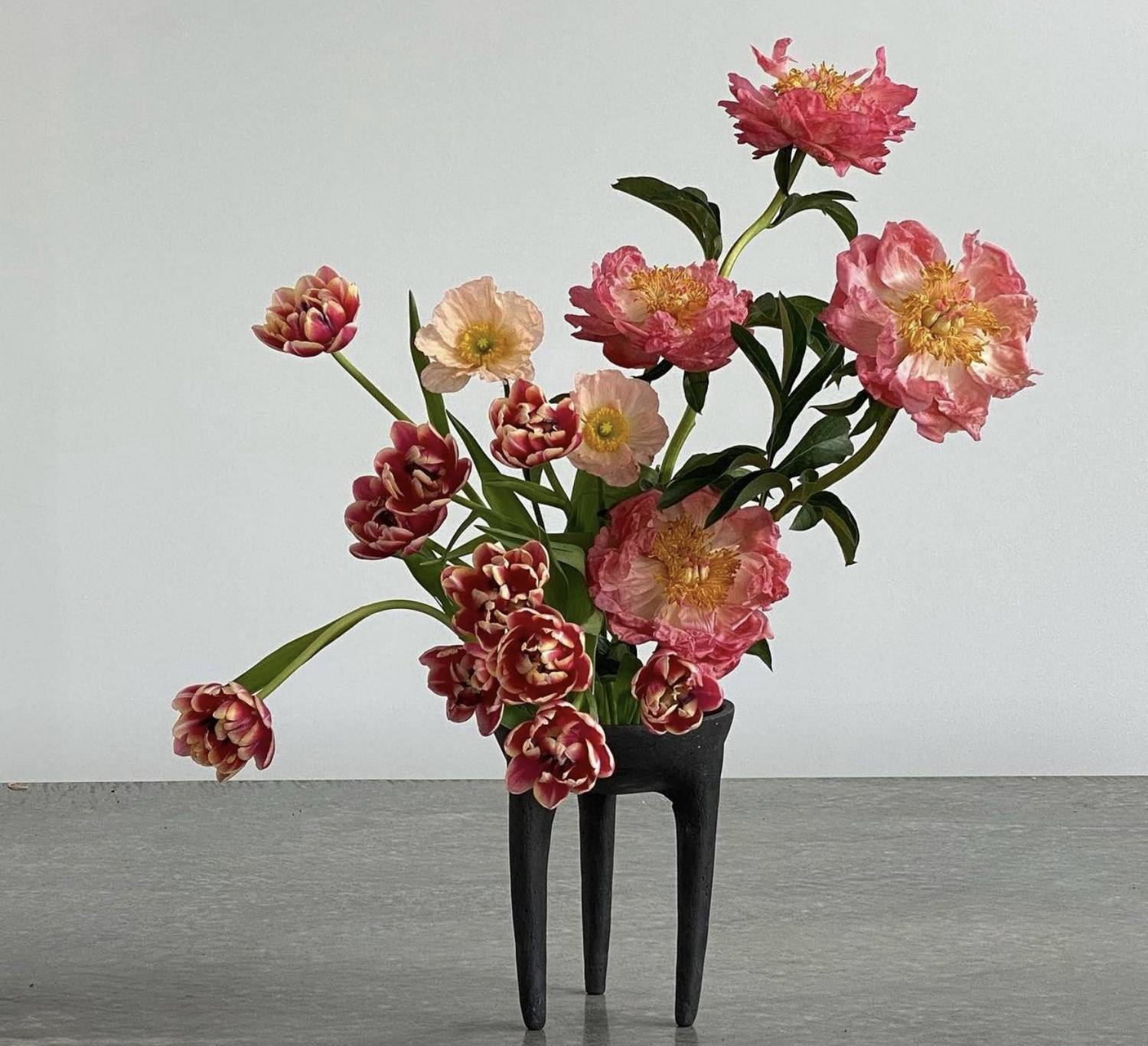
Period pain, otherwise known as dysmenorrhoea, affects a very large percentage of the population. Most women will experience period cramping at one point in their life, some women will be crippled with severe pain month after month. I would like to be clear from the beginning that your period should not be painful. Pain is not normal and is a sign that there is an imbalance in the body.
There are 2 types of period pain:
Primary dysmenorrhea – pain located in the pelvic area with occurs before menstruation and dissipates around day one or two of the cycle once menstruation is established.
Secondary dysmenorrhea- pelvic pain that may occur during other parts of the cycle and is often associated with underlying conditions such as endometriosis.
This article discusses the first and most common type, primary dysmenorrhea. In primary dysmenorrhea strong and frequent uterine contractions occur due to an imbalance of progesterone to oestrogen, which results in increased pro-inflammatory mediators called prostaglandins. These chemicals are responsible for the pain and swelling during menstruation.
Herbal medicine, nutritional supplements and simple dietary changes are all incredibly effective methods to support women with period pain. Natural medicines are safe and effective, and can help to reduce reliance on pain medication. Below are my 4 top suggestions for treating period pain.
Magnesium
Many athletes find magnesium helpful for reducing muscle cramping after exercise. Similar to this, magnesium is helpful at relaxing the smooth muscle of the uterus to reduce spasming/cramping. Magnesium also helps by reducing the prostaglandins that cause period pain. You can get magnesium from food (green leafy vegetables, nuts, dark chocolate), however you may need to supplement because stress depletes magnesium levels in the body. Magnesium comes in many forms, I recommend magnesium glycinate or bisglycinate at a dose of 200-400mg daily after food. You can also absorb magnesium through your skin so you may like to use a magnesium spray applied directly to the abdomen, or take frequent magnesium salt baths. For best results, use magnesium continuously throughout the menstrual cycle (not just when you have period pain). Note – avoid magnesium oxide as it Is commonly in a lot of magnesium supplements and known to cause diarrhoea.
Ginger
Ginger is a potent anti-inflammatory herb that I have seen work wonders for reducing period pain. One study found that giving ginger capsules four times a day from the start of menstruation was as effective at relieving pain as ibuprofen and ponstan (Mefenamic acid). Ginger is also incredible at helping to reduce nausea so it can be particularly helpful for women who experience cramping pain accompanied with nausea and vomiting. Ginger capsules are fantastic but you may like to incorporate ginger into your food and drinks. You can make a strong ginger tea simply by boiling slices of ginger in water for 15-20 minutes. You can then turn off the heat and add honey, and lemon juice. Alternatively, you can add pieces of ginger into smoothies or juices.
Avoid Cow's Dairy
The problem with cow’s dairy mostly lies in the presence of a protein called A1 casein. For some people, A1 casein is inflammatory because it stimulates the immune system to generate inflammatory cytokines. This is not the case for everyone. If you do not have signs of casein sensitivity you can consume normal cows dairy. Casein sensitivity in some people can be traced back to childhood with recurrent tonsilitis or ear infections. You may have outgrown these childhood symptoms but the underlying disturbance to your immune system still remains and may now present as eczema, hayfever, sinus infections, acne, premenstrual symptoms and period pain. If you are unsure if cows dairy is contributing to period pain, you may like to speak with a naturopath or nutritionist for guidance. Note – goat and sheep’s cheese is okay to consume as they have low levels or no A1 casein.
Reduce Alcohol Consumption
Alcohol is a pro-inflammatory substance, meaning that it increases levels of prostaglandins in the body, this can directly increase severity of period pain. In addition, alcohol impairs the healthy clearance of oestrogen via the liver. The body understands that alcohol is the more toxic substance and needs to be detoxified urgently so it priorities detoxifying alcohol over oestrogen. This causes a backlog or “pile up” of oestrogen in the bloodstream. An excess of oestrogen in the blood can lead to period pain. Avoiding alcohol allows our liver to properly detoxify oestrogen for optimal hormonal health and reduced period pain. Note - you can enjoy the occasional drink but it is recommended that women do not exceed five standard drinks per week, and two standard drinks per sitting.
What else can you do to reduce period pain?
Other treatments worth mentioning include heat packs, acupuncture, tens machine devices (Ovira) and gentle yoga. If your period pain is unrelenting or you are not sure if there is a deeper underlying cause such as endometriosis, I encourage you to reach out to a naturopath or other health practitioner for guidance.
Reference:
Ozgoli G, Goli M, Moattar F. Comparison of effects of ginger, mefenamic acid, and ibuprofen on pain in women with primary dysmenorrhea. J Alternative and Complementary Med 2009; 15(2):129-132.
Get in touch with Lucy
Instagram | @lucyfitz.naturopath
Website | lucyfitzgibbons.com

